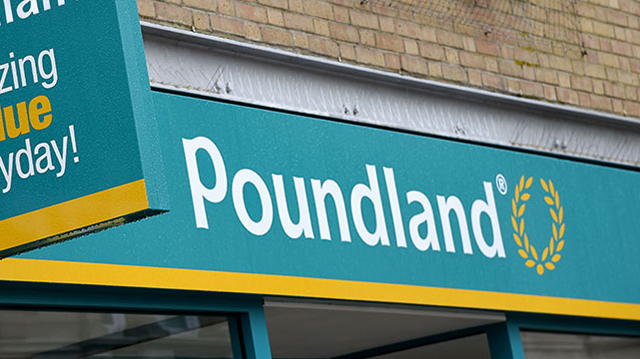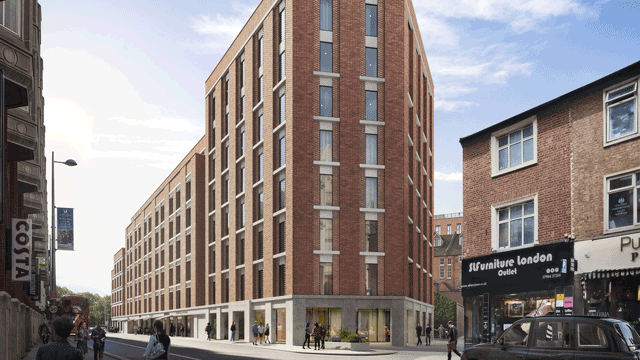The next government and the private sector should joint together in a massive drive to regenerate Britain’s inner-city areas, the Building Employers Confederation says in a new policy document(*).
In recent years, the recovery in the building industry’s trading prospects has been achieved mainly through better marketing to the private sector, BEC claims, and through significant improvements in productivity and efficiency. The building industry’s drive on private sector markets has resulted in the private sector share of total building industry output rising from 53% 10 years ago to 60% now. “But the industry’s success in boosting sales and output in the private sector cannot conceal the urgent need for repair and maintenance, improvement and replacement of housing, schools, hospitals and other buildings in the private sector.”
The key to building sufficient new homes at affordable prices where people wish to live is land availability, the confederation says. Some of the land required is in inner-city areas where local authorities should be prepared to release it at reasonable prices. “But the majority of houses will need to be built on land outside the cities where household formation and housing demand is at its greatest. However, planning and development control policies place severe artificial restraints on new housing development.”
A revival of the private rented housing sector through subsidies or financial incentives is called for. The BEC suggests that ways must be found of financing the improvement of the public housing stock over and above the £220m of additional capital spending on housing announced in the most recent public expenditure White Paper.
The building industry is focusing seriously unfair competition from local authority direct labour building departments, tax-evading “cowboys”, the black economy and the Community Programme, the booklet claims. “DLO’s are frequently awarded local authority contracts through unfair discrimination against private building contractors. This discrimination includes over-zealous interpretation of ‘contract compliance’ requirements and the use of blatently political and non-commercial contract clauses which are irrelevant to contractors’ performance.” Unfair competition from cut-rate “cowboys” and the black economy results in householders and others being tempted away from reputable builders by offers of cash-in-hand, “no VAT” building work, the federation says. “This can often result in uninsured, shoddy work which can ultimately prove more expensive to put right.”
On the Community Programme, the federation suggests that it should be confined to work which would not otherwise be done. Private building contractors should become involved in more CP schemes to deploy their management expertise in improving the quality of the work and the work experience.
In an introduction to the report, BEC president Peter Horsepool says that the building industry is poised to make a major contribution to the quality of life and economic prosperity of Britain. “To do so, it must be allowed to conduct its business in a climate of fair competition, equitable taxation policy, stable public sector work programmes and due understanding and support from the government of the day and the relevant departments of state — conditions which have too often been absent during the past 10 years… What the building industry needs is policies enabling it to make a major contribution towards the enormous task of repairing, maintaining, improving and building the houses, schools, hospitals, factories, leisure facilities and other buildings that we need.”
(*) Policies for building. Building Employers Confederation, 82 New Cavendish Street, London W1M 8AD. Free.










